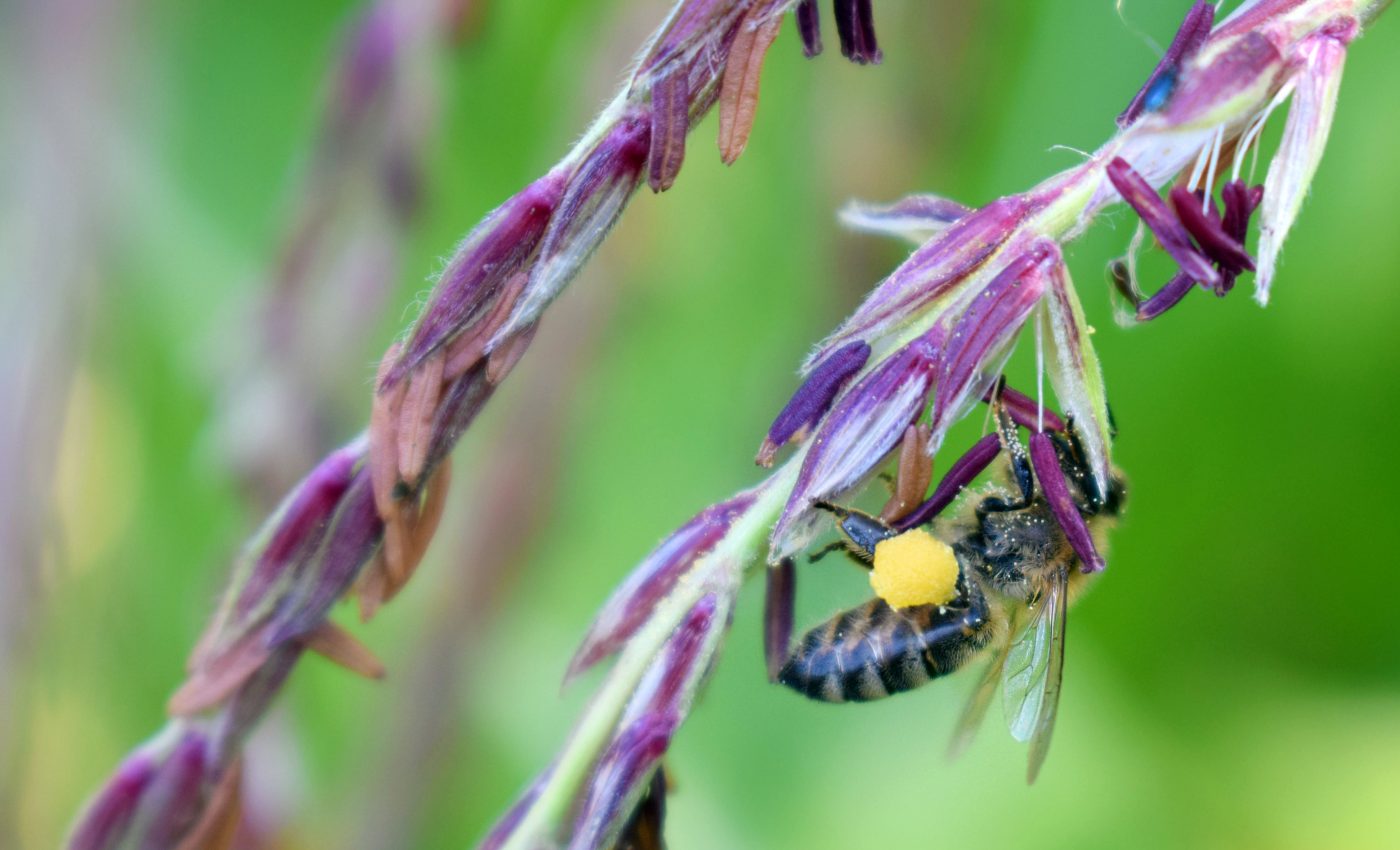
Global food trade depends on wild pollinators
A new study published by AAAS has revealed how the global food trade is reliant on biodiversity and wild pollinators. The researchers found that developed countries are especially dependent on imported pollinated crops, while the countries that export these crops are primarily responsible for declines in pollinators.
A new understanding of the “virtual” exchange of pollinator services in the global food trade could support new policies to preserve crop diversity and tackle biodiversity loss.
In a globalized world, human food consumption relies heavily on the trade of crops, as well as the intense use of water and land resources.
Bees, flies, beetles, and other pollinators – along with the invaluable services they provide – are critically important to agriculture. A previous study estimated that 35 percent of crop production and 75 percent of crops require pollination services.
The primary cause of environmental degradation is human disturbance. As the natural environment is compromised by human activities, wild pollinators are increasingly exposed to habitat loss, pesticides and other chemicals, invasive pests, and diseases. As a result, pollinating species are in a global state of decline.
Scientists are working to identify regions where protecting biodiversity will best preserve pollinators and crop production.
A team of experts led by Felipe da Silva set out to study pollination as a traded resource based on the concept of “virtual resource flow.”
To investigate how wild pollinator services in crop-exporting countries transfer to international markets, the researchers analyzed data on 55 pollinator-dependent crops from 2001 to 2015. The experts compared how developing and developed countries rely on pollination services.
The study revealed that developed countries rely heavily on imported, pollinator-dependent crops to sustain their food consumption, which means that these countries “virtually” import pollination services from other nations that depend on biodiversity to sustain pollination.
In addition, countries that exported the most pollinator-dependent crops were linked to the fastest rates of cropland expansion, which is a major driver of pollinator and biodiversity decline.
The study is published in the journal Science Advances.
–—
By Chrissy Sexton, Earth.com Staff Writer













